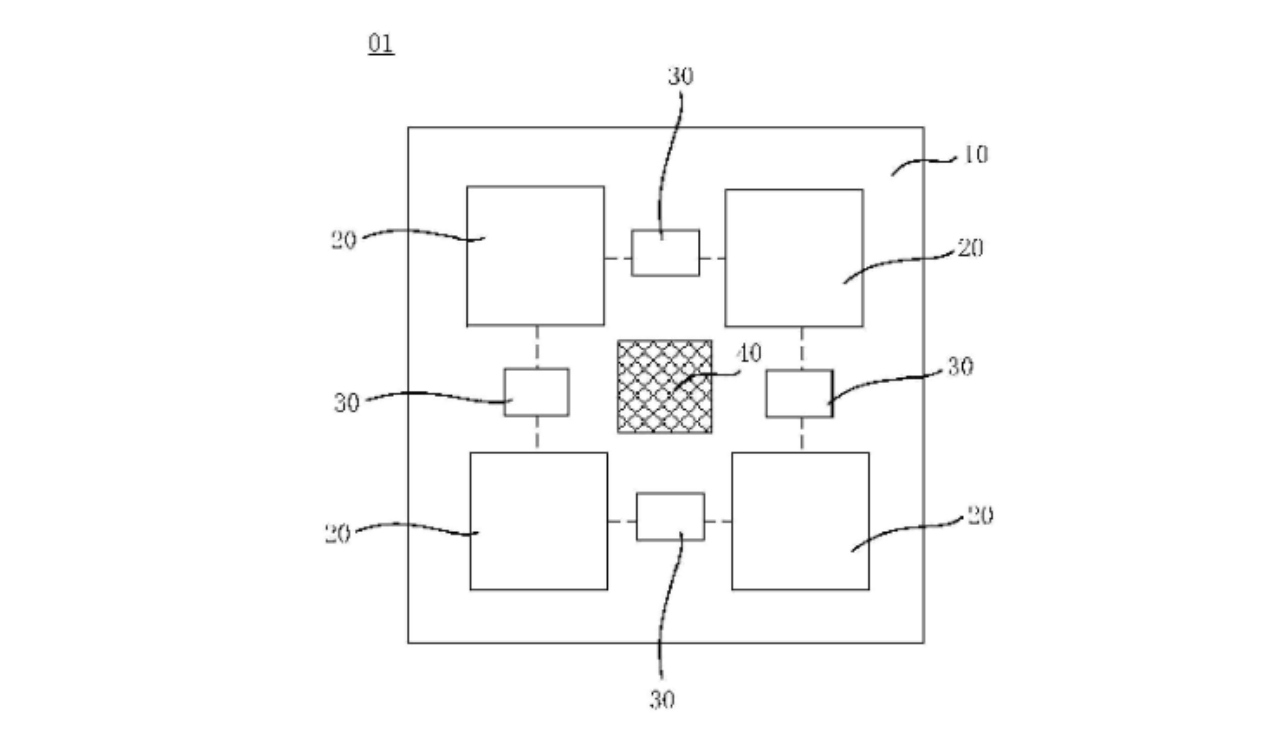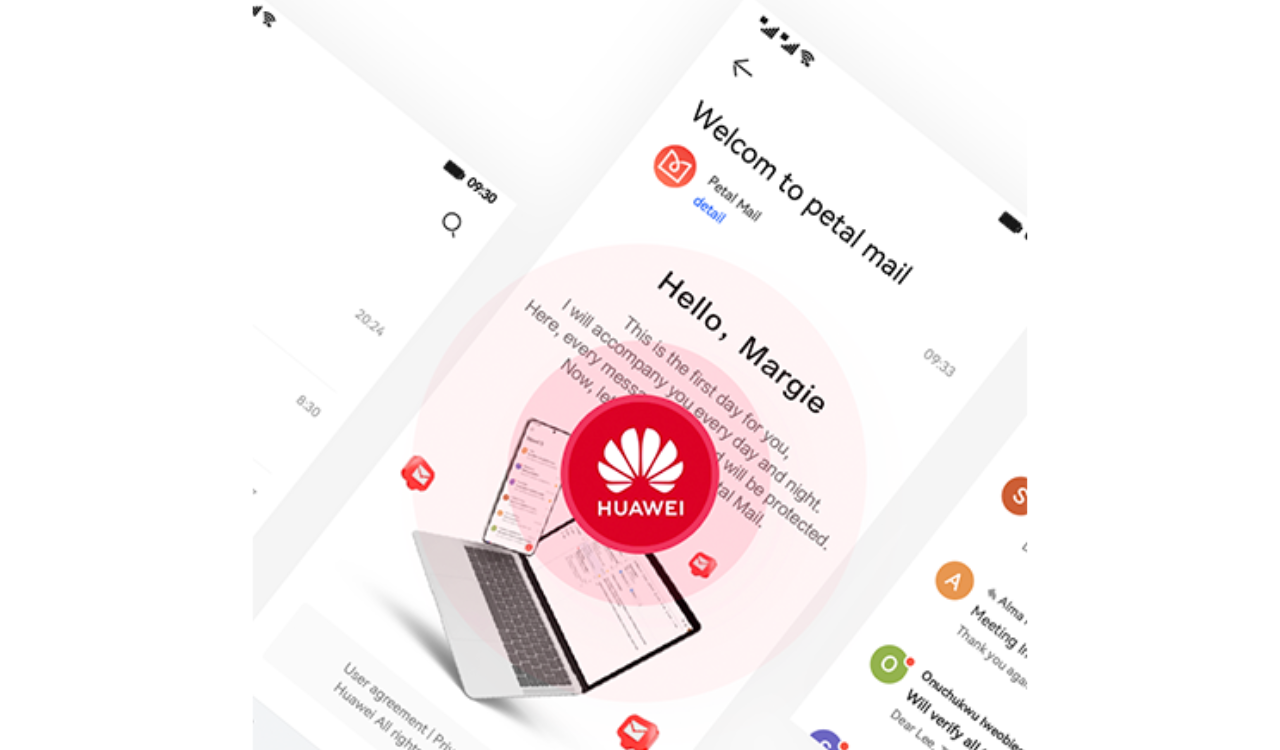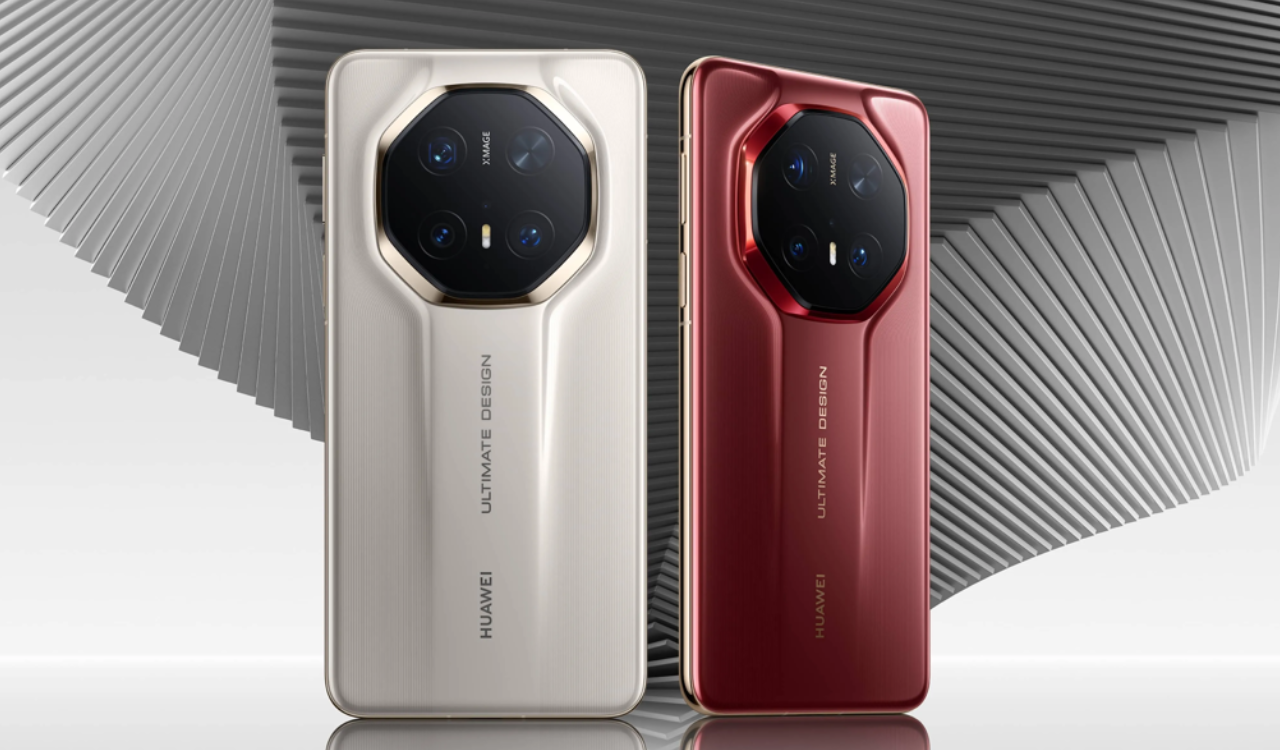Huawei News
Huawei publishes patents related to Quantum chips and Quantum computers

Huawei published the invention patent related to the Quantum chip and Quantum computer” the publication number is CN114613758A.
The patent details show that the present application provides a quantum chip and a quantum computer, which relate to the field of quantum computing technology, so as to solve the problems of difficulty in manufacturing quantum chips and low yield .
Quantum chips provided by this application include:
- A substrate, M sub-chips, a coupling structure and a cavity mode suppression structure
- Each sub-chip includes N qubits, and the M sub-chips are arranged on the surface of the substrate at intervals
- The coupling structure is used to realize the interconnection between the M sub-chips
- The cavity mode suppression structure is arranged at the edge of each sub-chip and/or in the gap between the M sub-chips, and is used for increasing the cavity mode frequency of the quantum chip
- Among them, M is a positive integer greater than 1, and N is a positive integer greater than or equal to 1

In the quantum chip provided by this application, the quantum chip is composed of M sub-chips, which will effectively reduce the difficulty of production and improve the production yield; when a quality defect occurs in a certain sub-chip, it will not cause quality defects. The resulting problems are high costs and waste of resources.
Huawei has already explored quantum technology before. On January 12, 2021, Huawei Technologies Co., Ltd. was authorized to publish “a quantum key distribution system, method and device” related patents, with the publication number CN108737083B.
Huawei News
Huawei Petal Mail App will no longer be available for download

According to the official information, the Huawei released the delisting announcement of its Petal Mail App. The full text of the announcement is as follows: [translated]
Thank you for your continued attention and support to the Huawei Petal Mail App. In order to better adapt to the changing needs of product experience, service content and local markets, we have made strategic adjustments to the Huawei Petal Mail App.
The Petal Mail App will officially switch to the Email App on December 31, 2024, and the Petal Mail App will no longer be available for download from the App Store. The Petal Mail App you have installed can be used normally. We apologize for the inconvenience. You can continue to view, send or receive emails in the pre-installed Email App on your Huawei phone or use a computer browser to open the Petal Mail official website ( https://www.petalmail.com ), and your emails and personal data will not be lost.

Huawei News
Huawei Mate 70 lineup repair spare parts prices announced

Huawei released the Mate 70 series of mobile phones, with a starting price of 5,499 yuan. At present, the prices of spare parts for the new Mate 70 series have been announced on Huawei’s official website.
Huawei Mate 70 lineup repair spare parts prices announced
Battery and motherboard
Mate 70
Battery — 199
12GB+256GB — 2499
12GB+512GB — 2899
12GB+1TB — 3599
Mate 70 Pro
Battery — 199
12GB+256GB — 2899
12GB+512GB — 3299
12GB+1TB — 3999
Mate 70 Pro+
Battery — 299
16GB+512GB — 4399
16GB+1TB — 4899
Mate 70 RS
Battery — 299
16GB+512GB — 6499
16GB+1TB — 6999
Camera


Huawei News
Huawei FreeBuds Pro 4 official announcement

Huawei officially announced the new FreeBuds Pro 4 headphones. This is the first TWS headset equipped with HarmonyOS NEXT and will be officially launched at the Huawei Mate Brand Festival on November 26.
As can be seen from the poster, the headset adopts an in-ear design with black and gold color matching, and the overall shape is similar to the previous generation. With the support of the new system, FreeBuds Pro 4 is expected to bring more functional upgrades.

For reference, Huawei FreeBuds Pro 3 was released in September last year with an initial price of 1,499 yuan . It is equipped with the Kirin A2 chip that uses Polar code, supports Star Flash connection core technology and Bluetooth technology, and the new L2HC 3.0 protocol.












